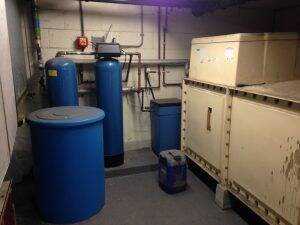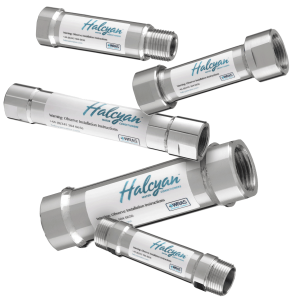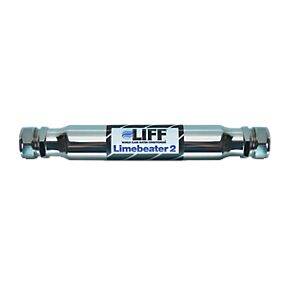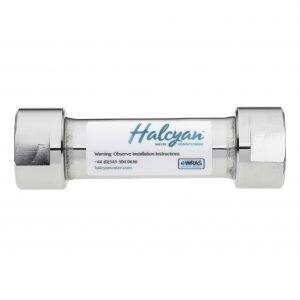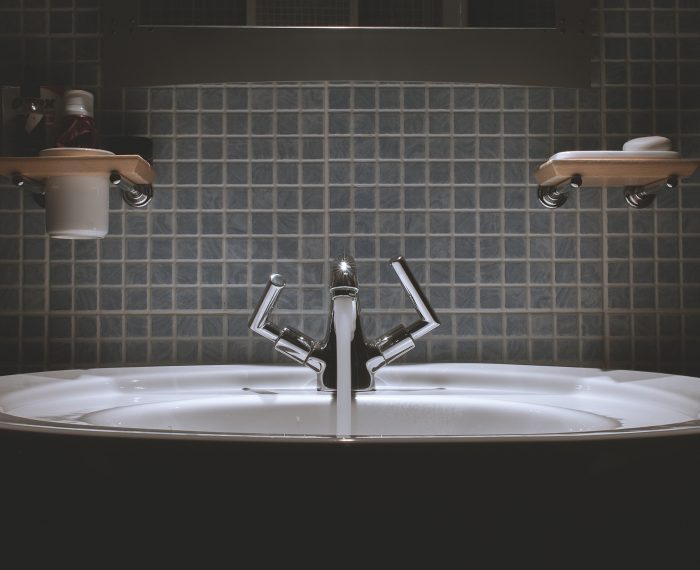Limescale is a problem that many of us are unfortunately familiar with here in the UK, the bricked kettles, the seemingly endless scrubbing and not to mention the death of expensive equipment such as boilers. If you’re reading this you’ve likely had enough and gone straight to Google to find a solution to your problem only to find yourself bombarded with all sorts of information, some of it conflicting and some of it seemingly too good to be true.
In this article we’ll do our best to help you make some sense of the weird and wonderful world of limescale and hard water treatment by talking you through the options, including water conditioners vs water softeners, in a straightforward and concise format. If you do want to dig a little deeper there will be links to more in depth articles throughout for you to delve into.



